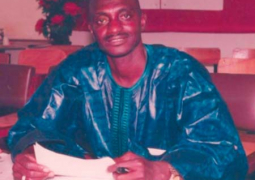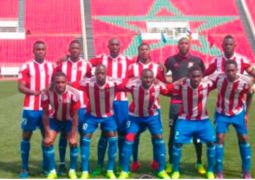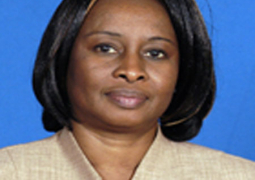(Monday 21 October 2019 Issue)
Gambia Bar Association (GBA) and the United Nations Development Programme (UNDP), Thursday launched their first partnership Mobile Legal Aid Clinic, initiated to provide free legal aid services to the public, and to create civic awareness on pertinent issues that affect the socio-economic development of the country.
Salieu
Taal, president of GBA said the project is launched towards reinforcing the
rule of law which, he said is an important pillar of democracy. “The mobile
legal aid clinic is supported and funded by the UNDP as part of their rule of
law project,” he added.
Mr
Taal said the mobile legal aid clinic is a step towards bringing legal services
to Gambians who cannot afford it. “Rather than having people coming to our
offices, we now come out to communities and give them free legal services,” he
said. He added that it is important that citizens, particularly young people
and women understand what their rights are.
Shella
Ngum, representative of NGWA said the services they provide will create
awareness and sensitisation to enable citizens to be aware of their rights.
“Four mobile legal aid clinics will be coordinated by the Gambia Bar
Association within and outside the Greater Banjul Area to be coordinated by the
National Agency for Legal Aid NALA,” she said.
Head
of police prosecution and legal affairs unit, Modou D Mballow said it is the
duty and responsibility of police officers to support the initiative because
mobile legal aid clinic is about access to justice and the rights of citizens,
including suspects and accused persons who are in police custody or undergoing
trial. “This message is across all police officers to support the process and
give them all the opportunity to talk to detainees, suspects and those under
remand,” he added.
Bakary
Camara, representative of Alternative Dispute Resolution Secretariat (ADRS)
said in the project, it is their mandate to resolve disputes in their own way
because they have realised that courts are not the only institutions where
justice can be accessed.




